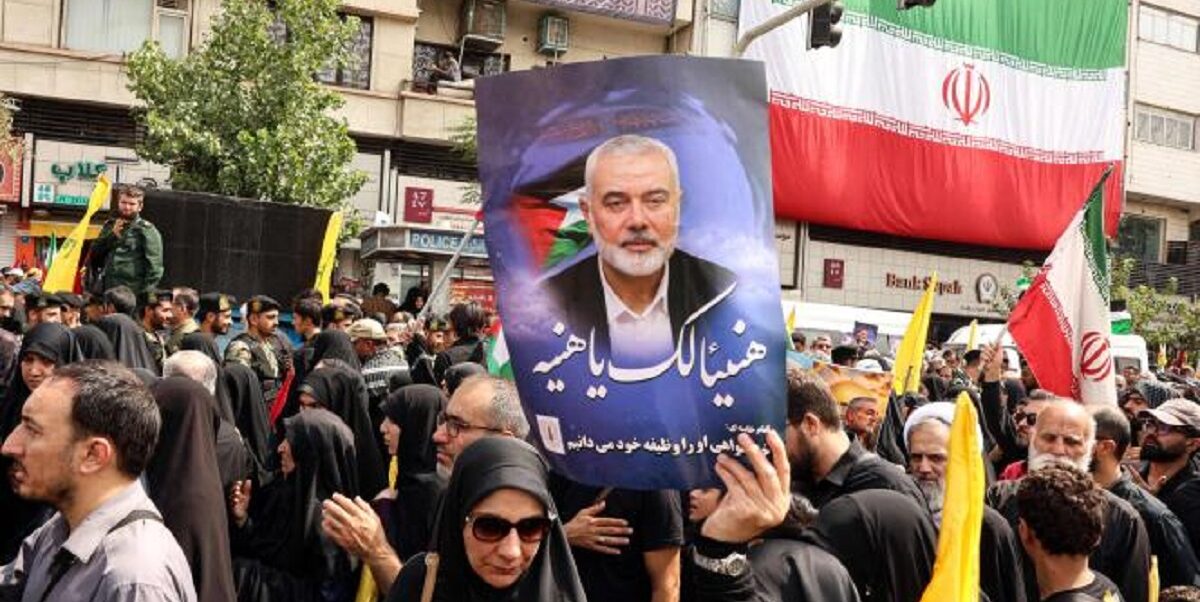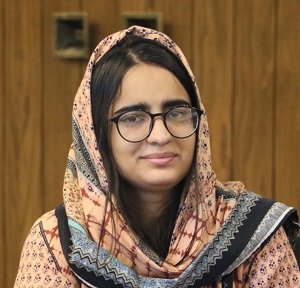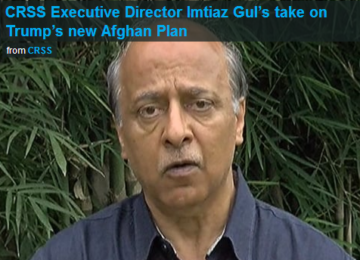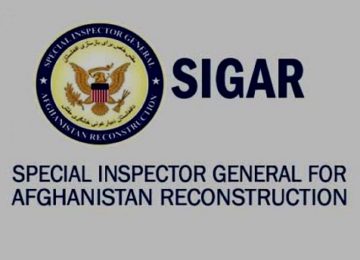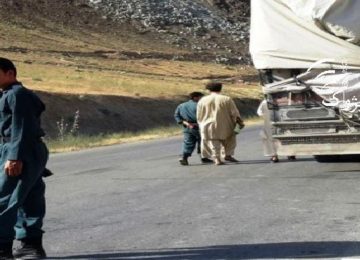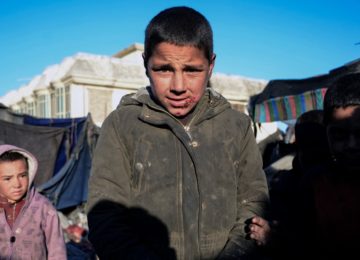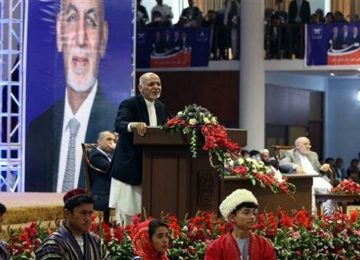BY SHAHANA NASEER
Israel and Palestine are in a state of a harsh conflict for over 7 decades, which is currently manifested in Israel’s violent invasion of Gaza. However, the most recent episode of this conflict, namely, the Israel’s assassination of Hamas leader Ismael Haniyeh, has escalated the situation to unprecedented heights and now threatens a wider regional conflict. Haniyeh’s assassination has provoked Iran and its allies who may retaliate as any peace prospects diminish.
The Israel-Palestine conflict entered a new and deadly phase since 7th October last year, when Hamas infiltrated Israeli towns and carried out attacks. Since then, Israel is on a rampage retribution campaign throughout Palestine, especially in the small enclave of Gaza.
Over 38000 people, a majority of them civilians, women, and children, have been killed by Israel in the war in Gaza. Additionally, over 200 people are also killed during Israel’s raids on Palestinians in the West Bank. Israel has kept Gaza under a strict siege, blocking the movement of people and goods with the express aim of isolating Hamas.
However, this has affected common civilians far more than Hamas. It has led to a human catastrophe on a huge scale. That’s why Palestinians consider Israel’s continuous bombardment as collective punishment for the Hamas attack on 7th October. 2023 became the deadliest recorded year for Palestinians in Gaza, the West Bank, and East Jerusalem.
Under these dire circumstances, Israel assassinated the political leader of Hamas and a leading figure in peace negotiations, Ismael Haniyeh. This is an important turn of events with serious consequences for the region and the Israel-Palestine conflict in particular.
Ismael Haniyeh served as Palestinian Prime Minister for a short while after Hamas’ victory in 2006 Palestinian elections, but was later removed during the Hamas-Fatah conflict. Since then, he played a leading role in Gaza’s politics. During the current war in Gaza, he was widely considered Hamas’s overall leader and played a key role in negotiations aimed at reaching a ceasefire.
Haniyeh was murdered in Tehran, which he was visiting for the upcoming inauguration of Iran’s new president, Masoud Pezeshkian. It is an outcome of Israel’s efforts to track members of Hamas’s leadership involved in the October 7 attacks.
In the aftermath of Hamas’s attack on October 7, Israeli leadership laid out several objectives, including the destruction of Hamas. “If you want peace, destroy Hamas. If you want security, destroy Hamas. If you want a future for Israel, the Palestinians, the Middle East, destroy Hamas,” Israeli Prime Minister Benjamin Netanyahu declared.
To this end, Israel has been targeting leaders and key figures of opposing forces. Some of its attempts have been successful, while others failed. The assassination of Haniyeh delivers a significant victory for Israel for its war in Gaza. He was involved in day to day planning of operations which may impact the operations widely.
Previously, on July 13, Israel conducted an airstrike in Gaza aimed at Mohammed Deif, the head of Hamas’s military wing. The attack resulted in the deaths of at least 90 Palestinians in the surrounding area, although it is unclear if Deif was killed.
Israel also carried out attacks in Beirut to kill Hezbollah’s commander on the same day when Haniyeh was assassinated.
Haniyeh’s death will complicate efforts to negotiate a ceasefire in Gaza, as he was a key figure in talks facilitated by Qatar, the US, and Egypt. It will also escalate violence, as Hamas’ military wing has warned that they will increase their operations.
Moreover, it will worsen the already deadly humanitarian crisis and contribute to rising tensions in the region. Hezbollah is getting ready for an all-out war on the Israel-Lebanon border. Iran’s Supreme Leader Ayatollah Khamenei also promised severe retaliation against Israel and declared three days of national mourning. He declared in a statement,
“We consider it our duty to avenge his blood in this bitter and difficult incident that happened in the territory of the Islamic Republic.”
Similarly, Qatari Prime Minister Sheikh Mohammed, who has facilitated negotiations between Israel and Hamas, wrote on social media,
“How can mediation succeed when one party assassinates the negotiator on the other side? Peace needs serious partners.”
His killing will diminish the progress of the ceasefire in Gaza eventually.
Israel’s targeted killings of civilians and Palestinian leadership serve multiple strategic purposes but have significant repercussions. The assassination of leaders involved in negotiations will impact ceasefire efforts and escalate violence through retaliatory attacks, causing further instability.
Moreover, targeting Palestinian leaders specifically involved in talks with the international community silences the voices of the Palestinian people, leading to a vacuum and making it difficult for Palestinians to advocate for their rights. This can lead to further radicalization of Palestinian youth.
It is clear that, in the current situation created by the assassination of Hamas leaders and the power imbalance between Israel’s military might and the vulnerability of Palestinians, Israel-Palestine relations will continue to exist in conflict.
The author has Bachelors in International Relations from NUML Islamabad. She is currently working as a research assistant in CRSS. Her interests are human rights & peace and Security.



